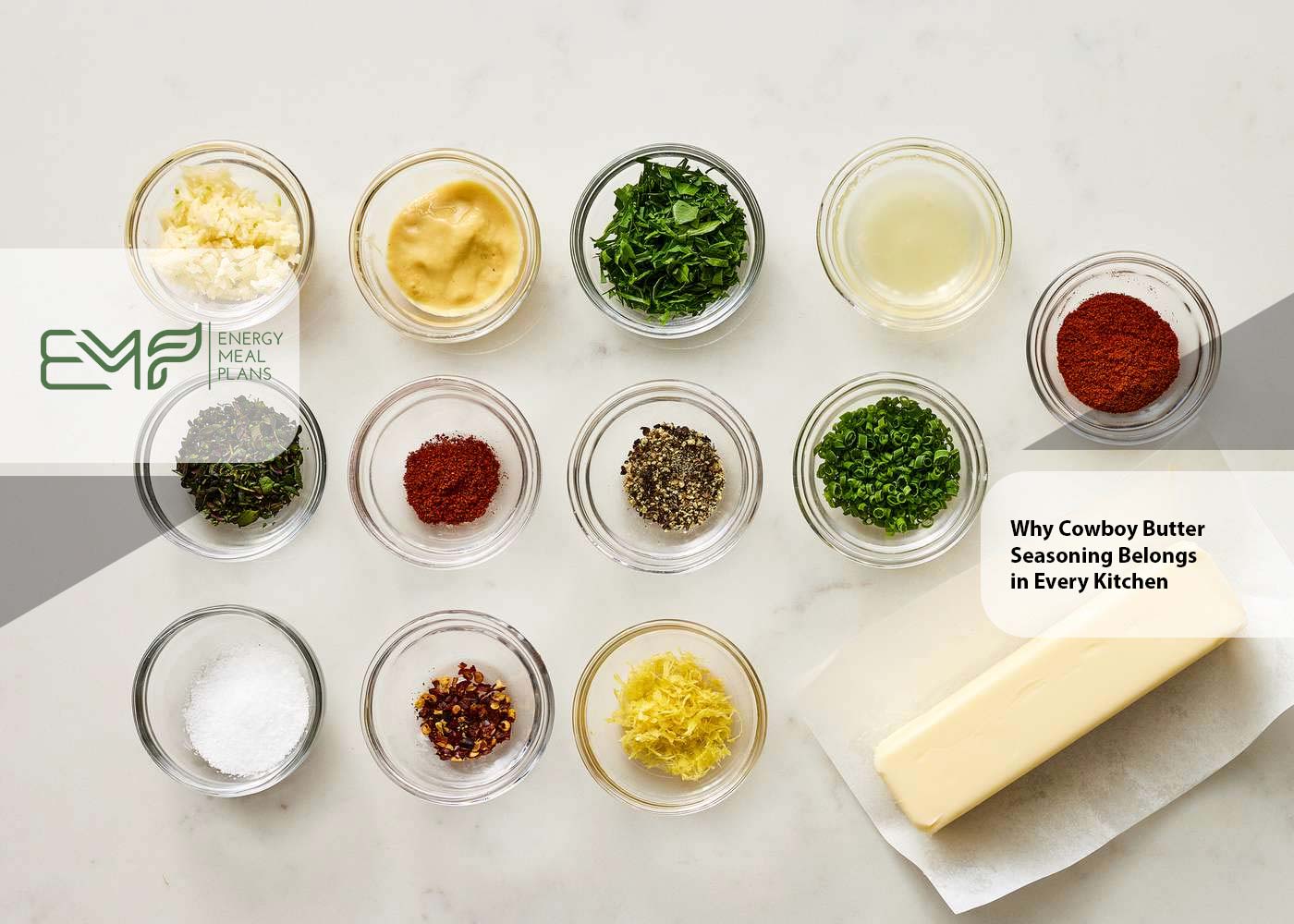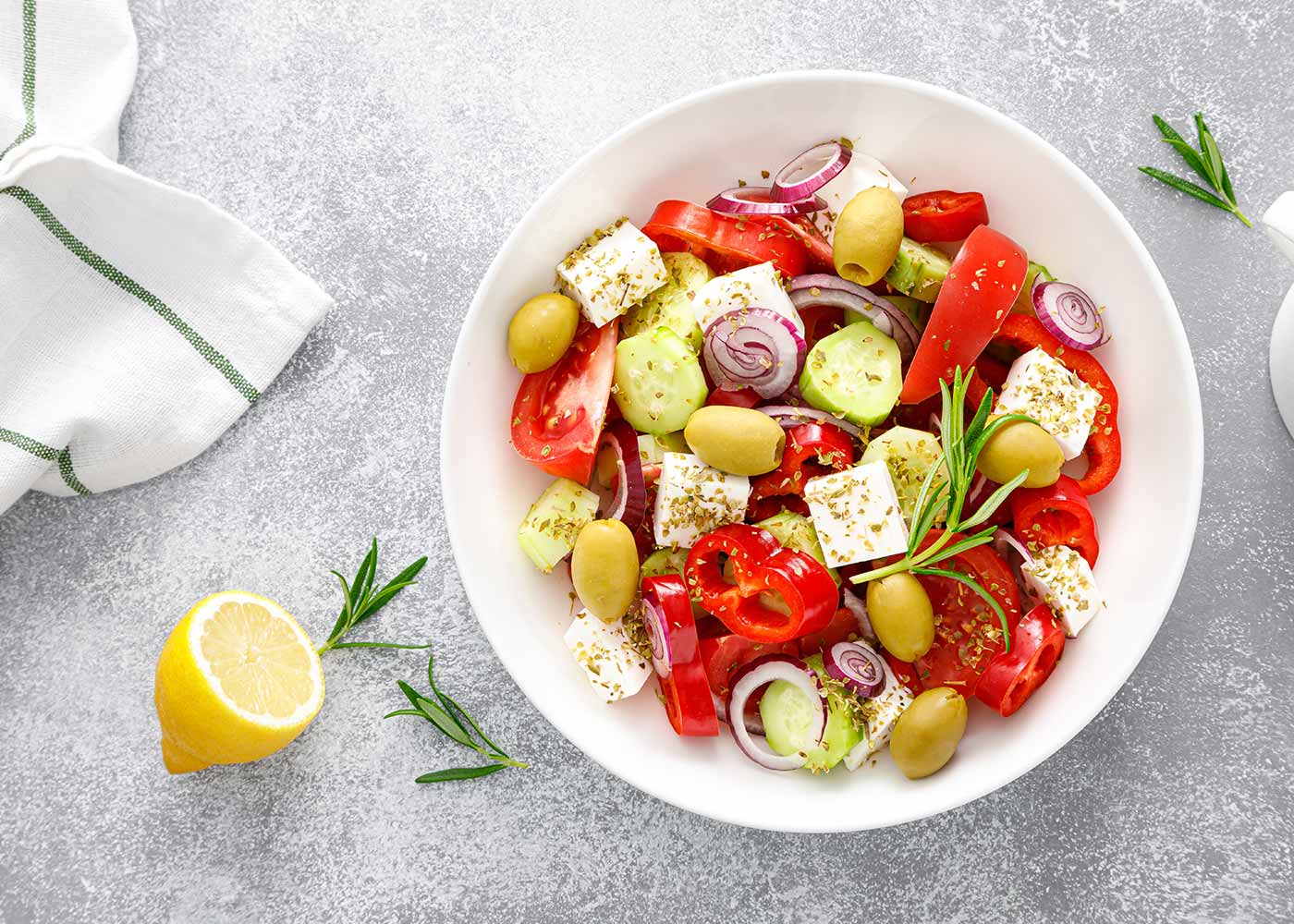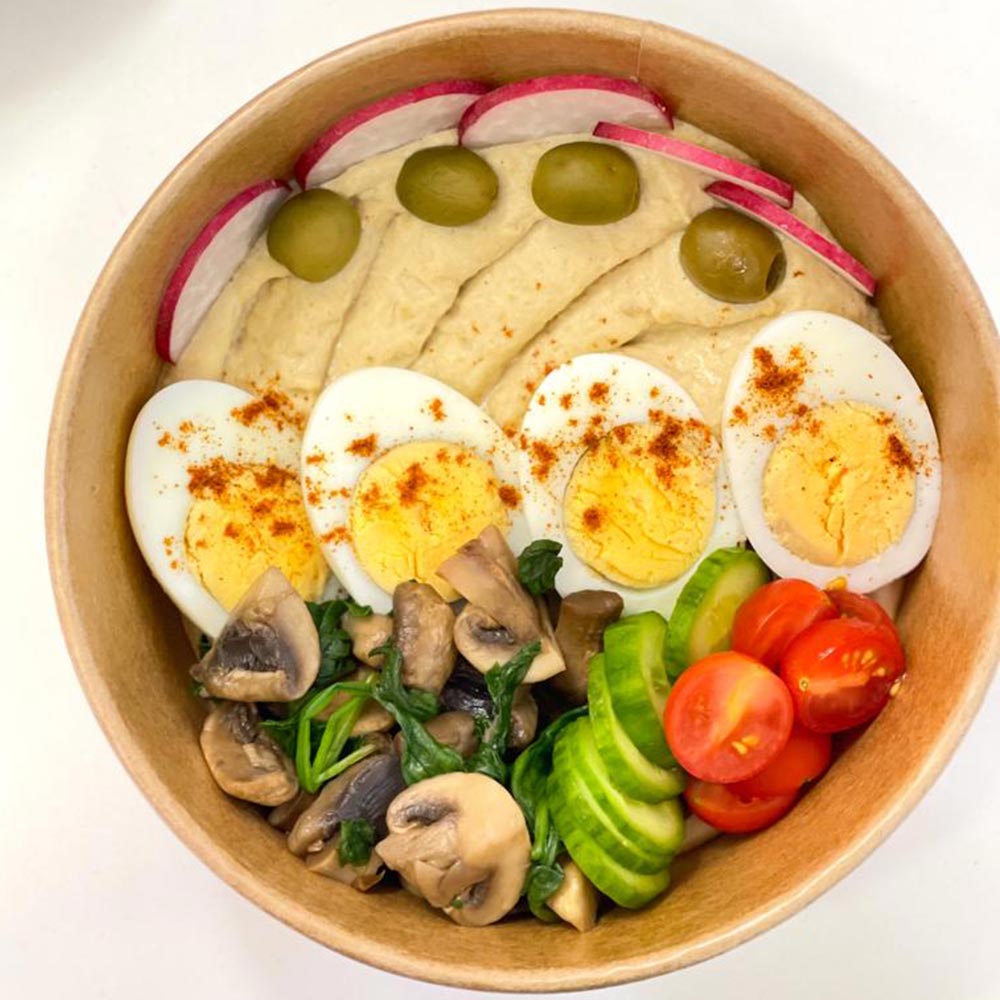Are you determined to build muscle but unsure about the role
of protein in your diet? Understanding how much protein you need for muscle
gain is crucial for achieving your fitness goals. High protein
foods for muscle building can significantly impact your progress, but
finding the right balance can be challenging. In this article, we'll explore
the science behind protein intake, the best high protein foods, and how to
optimize your diet for muscle growth.
The Science of Protein and Muscle Gain
What is Protein and Why is it Important?
Protein is a macronutrient composed of amino acids, which
are the building blocks of muscle tissue. It plays a critical role in:
1. Muscle Repair and Growth: Protein helps repair damaged
muscle fibers and stimulates the growth of new ones.
2. Enzyme Production: Enzymes that facilitate various
biochemical reactions are proteins.
3. Hormone Regulation: Certain hormones involved in muscle
growth, such as insulin and growth hormone, are protein-based.
4. Immune Function: Proteins are essential for producing
antibodies that protect against infections.
How Muscle Growth Occurs
Muscle growth, or hypertrophy, happens when muscle fibers
undergo damage through resistance training. The body repairs these fibers by
fusing them, increasing their mass and size. Adequate protein intake is vital
for this repair process and subsequent muscle growth.
Protein Synthesis and Muscle Gain
Protein synthesis is the process by which cells build new
proteins. Resistance training increases muscle protein synthesis, and consuming
protein-rich foods enhances this process. The balance between protein synthesis
and protein breakdown determines muscle growth.
Determining Your Protein Needs
Factors Influencing Protein Requirements
Several factors influence how much protein you need for
muscle gain:
1. Age: Older adults may require more protein to maintain
muscle mass.
2. Gender: Men typically have higher protein needs due to
greater muscle mass.
3. Body Weight: Larger individuals require more protein.
4. Activity Level: Athletes and those engaging in intense
resistance training need more protein.
5. Fitness Goals: Goals like muscle gain or weight loss affect
protein requirements.
Recommended Protein Intake for Muscle Gain
Research suggests varying protein intake levels for optimal
muscle growth. General guidelines include:
1. Sedentary Adults: 0.8 grams of protein per kilogram of body
weight per day.
2. Active Adults: 1.2 to 2.0 grams of protein per kilogram of
body weight per day.
3. Athletes and Bodybuilders: 1.6 to 2.2 grams of protein per
kilogram of body weight per day.
Calculating Your Protein Needs
To determine your protein needs, use the following formula:
Protein Needs=Body Weight (kg)×Protein Intake (g/kg)\text{Protein
Needs} = \text{Body Weight (kg)} \times \text{Protein Intake
(g/kg)}Protein Needs=Body Weight (kg)×Protein Intake (g/kg)
For example, a 70 kg individual aiming for muscle gain might
require: 70 kg×1.8 g/kg=126 grams of protein per day70
\text{ kg} \times 1.8 \text{ g/kg} = 126 \text{ grams of protein per
day}70 kg×1.8 g/kg=126 grams of protein per day
High Protein Foods for Muscle Building
Best Sources of Protein
Incorporating high protein foods into your diet is essential
for muscle building. Some top sources include:
1. Lean Meats: Chicken breast, turkey, and lean beef are rich
in protein and low in fat.
2. Fish and Seafood: Salmon, tuna, and shrimp provide
high-quality protein and healthy fats.
3. Dairy Products: Greek yogurt, cottage cheese, and milk offer
protein and calcium.
4. Eggs: Whole eggs and egg whites are versatile and
nutrient-dense protein sources.
5. Legumes: Beans, lentils, and chickpeas are excellent
plant-based protein options.
6. Nuts and Seeds: Almonds, peanuts, and chia seeds provide
protein and healthy fats.
7. Soy Products: Tofu, tempeh, and edamame are complete protein
sources for vegetarians and vegans.
8. Protein Supplements: Whey, casein, and plant-based protein
powders can help meet daily protein needs.
Combining Protein Sources
Combining different protein sources ensures a diverse amino
acid profile and enhances muscle growth. For example, pairing beans with rice
provides a complete protein profile.
Timing and Distribution of Protein Intake
Importance of Protein Timing
When you consume protein can influence muscle protein
synthesis. Key timing strategies include:
1. Pre-Workout Nutrition: Consuming protein before exercise can
enhance muscle repair and growth.
2. Post-Workout Nutrition: A protein-rich meal or shake within
30 minutes after exercise maximizes recovery and muscle synthesis.
3. Before Bed: A slow-digesting protein like casein before bed
supports overnight muscle repair.
Distributing Protein Throughout the Day
Spreading protein intake across multiple meals ensures a
consistent supply of amino acids. Aim to include protein in every meal and
snack.
Real-World Applications and Success Stories
Case Study 1: Athlete's Protein Optimization
An athlete aiming to increase muscle mass implemented a high
protein diet with strategic timing. Their regimen included:
1. Pre-Workout: A meal with chicken breast, brown rice, and
vegetables.
2. Post-Workout: A protein shake with whey protein and a
banana.
3. Evening: Greek yogurt with berries before bed.
4. Results: The athlete experienced significant muscle growth,
enhanced performance, and quicker recovery.
Case Study 2: Vegetarian's Muscle Gain
A vegetarian struggled with muscle gain due to inadequate
protein intake. By incorporating plant-based high-protein foods, their progress
improved:
1. Daily Meals: Lentil soup, quinoa salad, tofu stir-fry, and
protein-rich snacks like nuts and seeds.
2. Supplements: Added a daily protein shake with pea protein.
3. Results: The vegetarian gained muscle mass, improved
strength, and maintained energy levels.
Overcoming Challenges in Protein Intake
Common Challenges
1. Dietary Restrictions: Vegetarians and vegans may find it
challenging to meet protein needs.
2. Digestive Issues: Some individuals may experience digestive
discomfort with high protein intake.
3. Cost: High-quality protein sources can be expensive.
Solutions
1. Variety: Incorporate diverse protein sources to meet
nutritional needs.
2. Supplements: Use protein supplements to fill gaps.
3. Meal Planning: Plan meals to ensure adequate protein intake.
Leveraging Technology for Protein Tracking
Fitness Apps
Use fitness apps to track protein intake, set goals, and
monitor progress. Popular options include MyFitnessPal, Cronometer, and FitDay.
Wearable Devices
Wearable devices can help monitor activity levels and adjust
protein intake accordingly. Devices like Fitbit and Garmin provide insights
into overall fitness and dietary needs.
Conclusion
Understanding how much protein you need for muscle gain is
essential for achieving your fitness goals. Incorporating high-protein foods
for muscle building, optimizing protein timing, and leveraging technology can
enhance your results. By tailoring your protein intake to your specific needs
and lifestyle, you can maximize muscle growth, improve performance, and
maintain overall health. Embrace the power of protein, and watch your muscles
grow stronger and more defined. Start today, and take your fitness journey to
the next level with the right protein strategy!






























